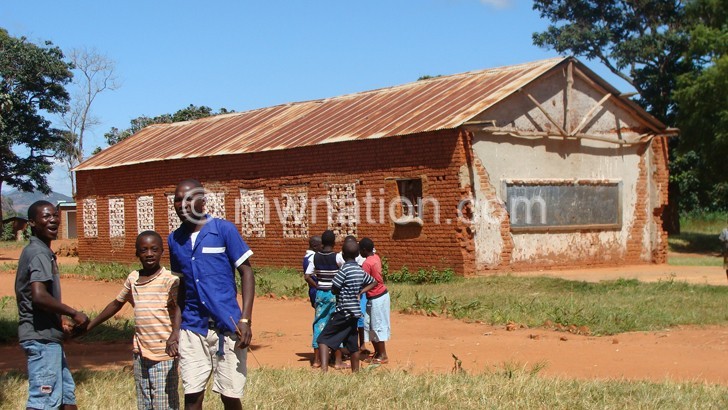CSOs lobby Sadc leaders to raise education budgets
Education-focused civil society organisations (CSOs) in southern Africa have lobbied Southern African Development Community (Sadc) leaders to increase investment in education to an equivalent of at least 20 percent of their countries’ national budgets.
In their resolutions ahead of the 37th Sadc Heads of State and Government Summit in South Africa last week, the region’s education CSOs made several recommendations, including prioritising domestic resource mobilisation.

The Civil Society Education Coalition (Csec) represented Malawi at the forum.
Reads in part the recommendations: “Key mechanisms [to finance the education sector] include strengthening of national tax systems and administration as well as evaluation of tax incentives that are awarded to multinational companies in the spirit of luring foreign direct investments…
“National budgets and the budget legal and policy frameworks should be inclusive and responsive to ensure sufficient allocation for marginalised groups… and policies to protect them from exclusion or abuse [should be] costed and implemented.”
The Sadc education CSOs have also urged the regional body’s secretariat and member States to come up with a clear re-entry policy for girls who get pregnant while in school to ensure access and retention for all children.
In an interview on Saturday after returning from the meeting, Csec board chairperson Julie Juma said the CSOs made the resolutions after noting that education was not prominently coming out on the heads of State summit’s agenda.
She said: “The theme of the summit this year is looking at industrialisation and for industrialisation to be successful, we need to have education on the agenda… We need to invest in education so that over 30 million children in the Sadc region who are out of school should go back to school.
“We still have classes that are held under trees. We still have children with disabilities that are not being supported in their schools because the schools are not disability-friendly.”
Minister of Foreign Affairs and International Cooperation Emmanuel Fabiano represented President Peter Mutharika at the summit where he also received the CSOs’ resolutions on behalf of the President.
Late last year, at the high level New York meeting of the Commission on Financing Global Education Opportunities, Mutharika asked fellow world leaders to put more effort and resources in the education sector.
In the 2017/18 National Budget, Malawi allocated K235 billion of the K1.3 trillion budget to education, representing about 18 percent. However, the activists argue the allocation was still not enough. n





